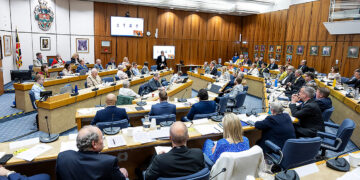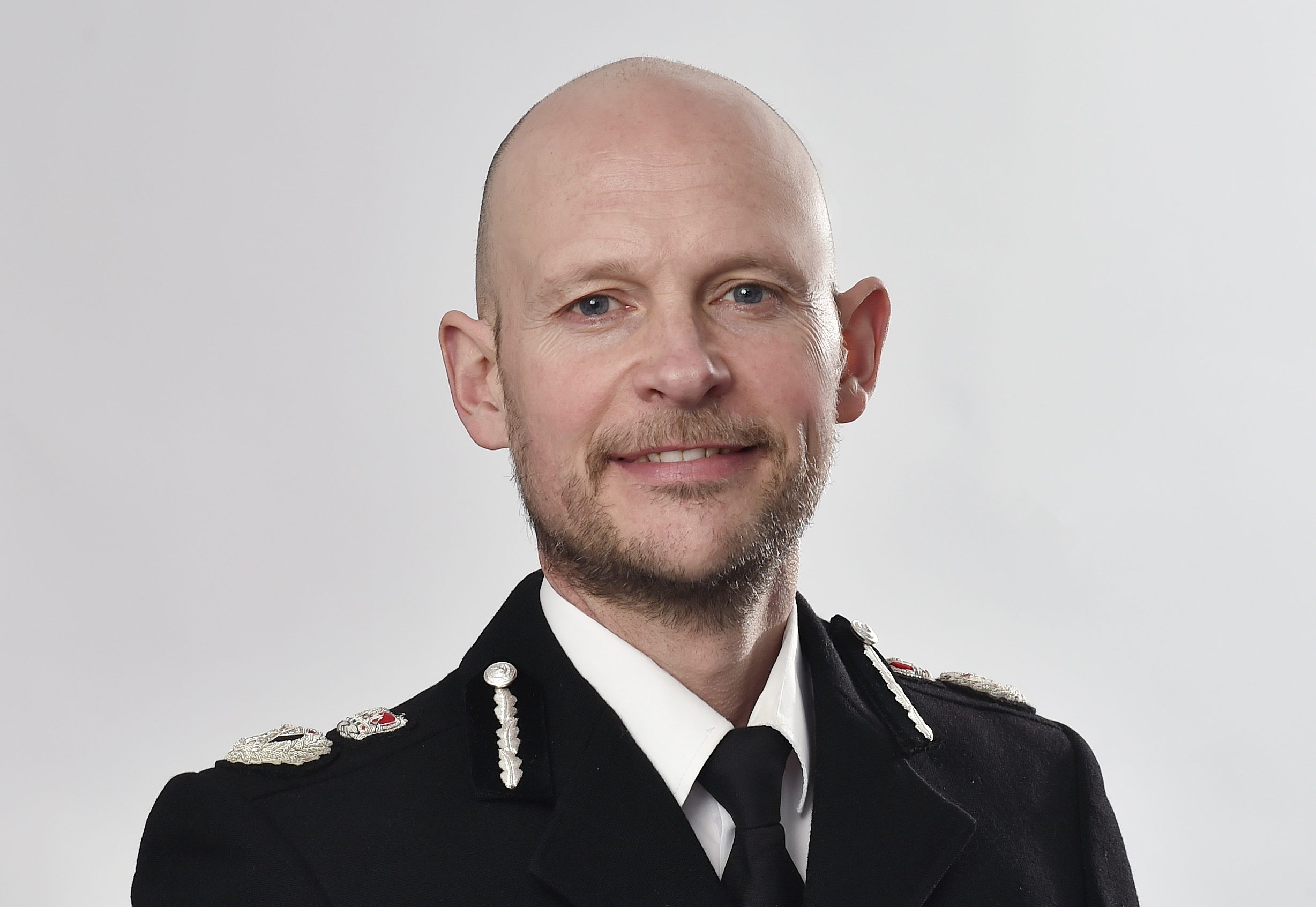THE NEW chief constable of Thames Valley Police has announced his priorities for policing in Berkshire, Buckinghamshire and Oxfordshire in the coming months and years.
Jason Hogg, who officially began his post on April 1, wants to focus on supporting victims, fighting crime and building trust and confidence in the police.
Mr Hogg served as the unit’s deputy chief constable from April 2019, and was responsible for professional standards, performance and oversaw the force’s work to improve its diversity.
On becoming chief constable, he said: “I feel very excited and energised by the role. It’s a real privilege to lead TVP, which is a big organisation of 9,000 people, and which I’m proud to be a part of.
“But I also have a sense of responsibility as well, because there are some real challenges in policing at the moment.”
Mr Hogg grew up in a deprived area of Hartlepool and earned himself a place at the University of Oxford’s Christ Church College.
During his time there, he volunteered at a homeless charity called The Gatehouse, where he was inspired to join the force after watching TVP police handle a disturbance.
He has gone on to enjoy 28 years of service, representing Cleveland Police and Hampshire and the Isle of Wight Constabulary, before joining TVP in 2016 as assistant chief constable for crime and criminal justice.
Speaking about his priorities, he made a clear commitment to those affected by crime.
He explained: “We need an absolute focus on putting victims at the heart of everything we do here at TVP.”
Of the nearly two million reports the force receives annually, Mr Hogg pledged to prioritise responses in line with the seriousness of the incident, as well as the vulnerability of those involved.
Thames Valley only has two sexual assault referral centres (SARCs), which offer medical and forensic services to anybody who has been raped or sexually assaulted – the nearest facility to Reading and Wokingham is in Slough.
Mr Hogg confirmed there were no plans for any new centres to be built as the number and location of sites are determined by NHS funding.
However, TVP is committed to negating the issue of distance by continuing to offer comprehensive support to victims in the reporting process and by providing transport where required.
Mr Hogg has occupied every rank as a detective, investigating a wide range of crime, including homicide, serious and organised crime, and sexual offences.
His strategy to prevent and pursue incidents involves clamping down on neighbourhood crime, tackling knife crime, acquisitive crime and violence against women and girls.
He explained: “[Being] proactive in targeting offenders in crimes that matter most to the public, is central to what policing is all about.
“It’s why we’ve got more and more officers on the streets.”
Mr Hogg described trust in policing on both national and international scales as ‘low’ – this is something he is determined to change as chief constable.
He hopes to achieve this through community engagement with officers who understand the needs and concerns of residents in the areas they work, as well as through professional behaviour and conduct.
He said: “I’ve been clear to all my officers that every time they go out of the station, no matter what they’re doing, stopping cars or stop-searching somebody, we can do it in a way which is fair and professional, treating people with dignity and respect.
“I’m going to be absolutely unapologetic in rooting out police officers and staff who don’t behave at the high standards the public would expect of us.”
The chief constable feels comfortable commanding strong working relationships with other agencies across Thames Valley, having chaired the region’s Local Resilience Forum for the past four years.
He believes that through collaboration during the pandemic, the various services which operate in the area have developed a key relationship.
Mr Hogg also wants to continue TVP’s commitment to building a workforce which is representative of the communities it serves, describing the current team as ‘the most diverse it has ever been’.
Last year, 44% of new recruits were female while 18% were of Black, Asian or minority ethnic backgrounds.













































